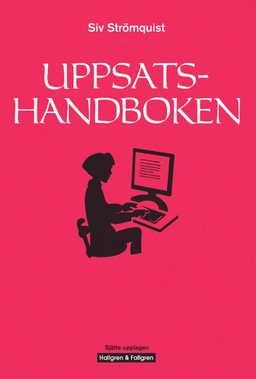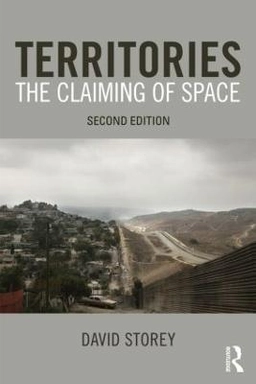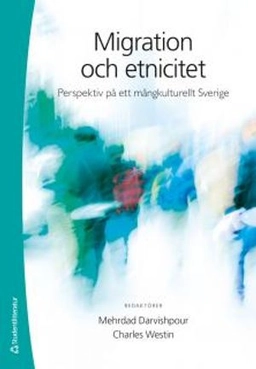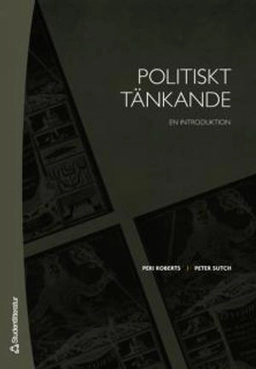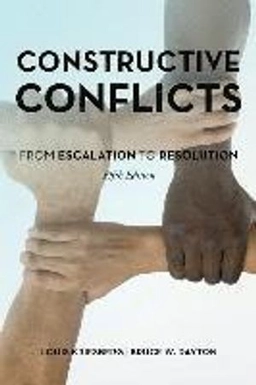

Gender and Land Reform
- Utgiven: 2006
- ISBN: 9780773529076
- Sidor: 192 st
- Förlag: McGill-Queen's University Press
- Format: Häftad
- Språk: Engelska
Om boken
Åtkomstkoder och digitalt tilläggsmaterial garanteras inte med begagnade böcker
Mer om Gender and Land Reform (2006)
I maj 2006 släpptes boken Gender and Land Reform skriven av Allison Goebel. Den är skriven på engelska och består av 192 sidor. Förlaget bakom boken är McGill-Queen's University Press.
Köp boken Gender and Land Reform på Studentapan och spara pengar.
Referera till Gender and Land Reform
Harvard
Oxford
APA
Vancouver






